The art of improvisation is often shrouded in mystery, particularly when it comes to jazz musicians. Their ability to create spontaneous, coherent, and emotionally resonant music seems almost magical to the untrained ear. Yet, behind this apparent sorcery lies a rigorous mental framework—a way of thinking that can be cultivated, refined, and even applied beyond music. The jazz musician’s mind is a fascinating study in creativity, adaptability, and deep listening, offering lessons for anyone looking to enhance their cognitive flexibility.
The foundation of improvisation is not, as some might assume, pure randomness. Jazz musicians spend years internalizing scales, chord progressions, and rhythmic patterns until these elements become second nature. This deep knowledge allows them to navigate harmonic structures effortlessly, much like a fluent speaker constructs sentences without consciously thinking about grammar. The paradox is that true freedom in improvisation comes from mastery of constraints. A jazz player doesn’t just "play whatever they want"; they operate within a musical language, bending its rules with intention rather than breaking them haphazardly.
One of the most critical skills a jazz musician develops is active listening. Unlike classical performers who interpret written compositions, improvisers must respond in real-time to their bandmates, weaving their ideas into a collective tapestry. This requires an acute awareness of subtle cues—a slight rhythmic shift, a harmonic tension, or even a fleeting glance. The best improvisers don’t just hear; they anticipate, adapting their phrasing to complement or contrast with others. In many ways, jazz is a conversation where the participants speak simultaneously yet remain perfectly coherent.
The mental state of a jazz musician during improvisation has intrigued neuroscientists. Studies using fMRI scans reveal that when musicians improvise, the prefrontal cortex—the brain’s center for self-monitoring and inhibition—becomes less active. Meanwhile, areas associated with self-expression and creativity light up. This suggests that overthinking can stifle spontaneity. Jazz players often describe being "in the zone," a flow state where conscious thought recedes and instinct takes over. Achieving this state requires both technical proficiency and the ability to let go—an elusive balance that defines great improvisers.
Fearlessness is another hallmark of the jazz mindset. Mistakes are inevitable in live improvisation, but seasoned players treat them not as failures but as opportunities. A "wrong" note becomes "right" if followed with conviction, perhaps resolving unexpectedly into a new melodic idea. This attitude extends beyond music; it’s a philosophy of embracing uncertainty and trusting one’s preparation. The jazz musician’s ability to reframe errors in real-time is a testament to cognitive flexibility—a skill increasingly valuable in our rapidly changing world.
Interestingly, the principles of jazz improvisation align with modern theories of learning and innovation. The iterative process of trying, "failing," and adjusting mirrors the scientific method. Jazz musicians don’t merely reproduce existing ideas; they engage in constant experimentation, pushing boundaries while remaining grounded in tradition. This duality—honoring the past while inventing the future—is what keeps jazz alive as an art form and makes its practitioners such compelling models for creative thinking.
The implications of jazz-inspired mental training extend far beyond music. Business leaders, educators, and even athletes have begun adopting improvisational techniques to enhance adaptability and collaborative problem-solving. Workshops on "jazz thinking" teach participants to listen deeply, embrace ambiguity, and respond creatively to unexpected challenges—skills as vital in the boardroom as on the bandstand. At its core, the jazz approach is about cultivating a mindset that thrives on change rather than resisting it.
What makes jazz improvisation so powerful is its humanity. Unlike AI-generated music, which can mimic patterns but lacks intent, human improvisers infuse every note with personal history and emotional authenticity. The pauses, the imperfections, the moments of vulnerability—these are what resonate with listeners. In a world increasingly driven by algorithms, the jazz musician’s ability to create something genuinely original in the moment feels like a radical act. It reminds us that creativity isn’t just about producing content; it’s about being present, taking risks, and connecting deeply with others.
Perhaps the greatest secret of jazz musicians is that their "secrets" are available to anyone willing to put in the work. Improvisation isn’t a mystical talent but a set of trainable skills: deep knowledge, attentive listening, comfort with uncertainty, and the courage to express oneself authentically. These capacities might be honed through years of playing "Autumn Leaves" in smoky clubs, but their essence transcends music. They represent a way of moving through the world—with openness, responsiveness, and a willingness to turn mistakes into discoveries.
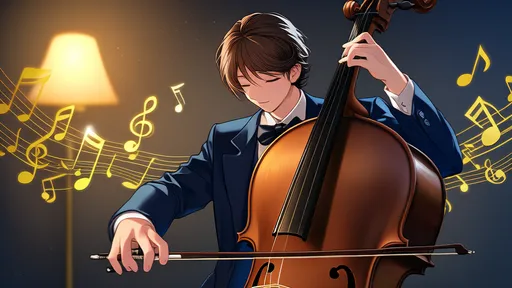
By /Jul 9, 2025
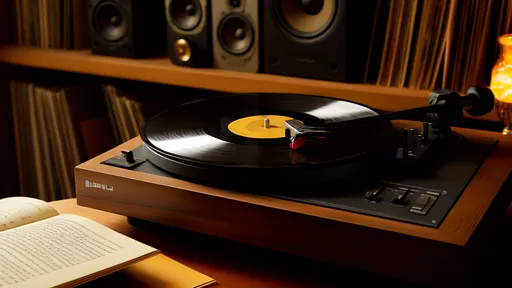
By /Jul 9, 2025

By /Jul 9, 2025
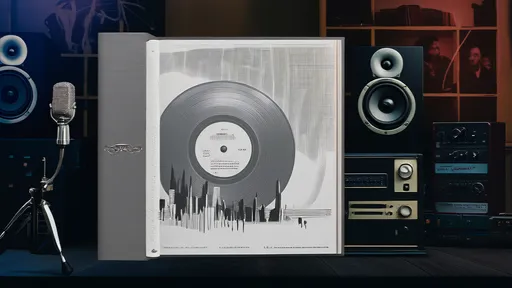
By /Jul 9, 2025

By /Jul 9, 2025

By /Jul 9, 2025

By /Jul 9, 2025

By /Jul 9, 2025
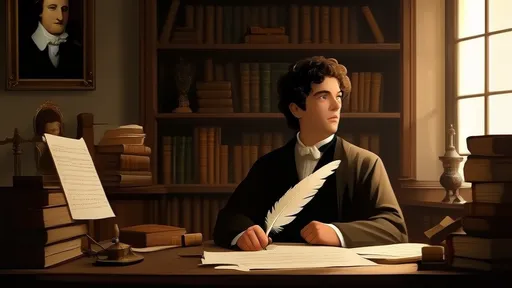
By /Jul 9, 2025

By /Jul 9, 2025
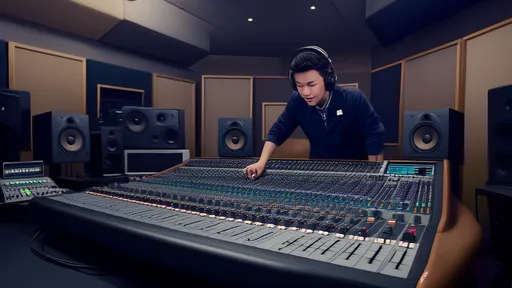
By /Jul 9, 2025
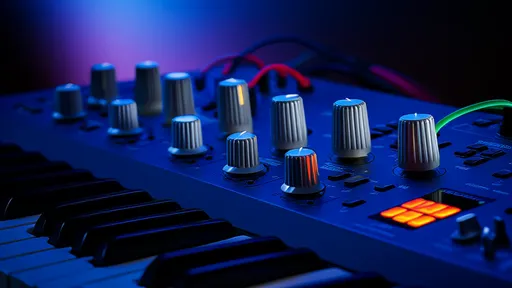
By /Jul 9, 2025
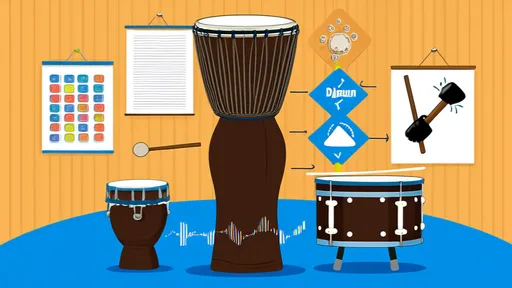
By /Jul 9, 2025
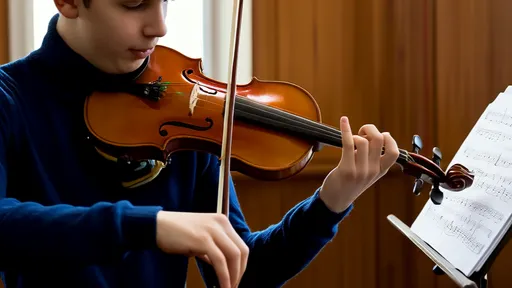
By /Jul 9, 2025
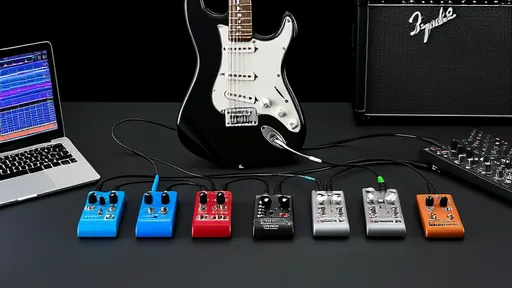
By /Jul 9, 2025

By /Jul 9, 2025

By /Jul 9, 2025
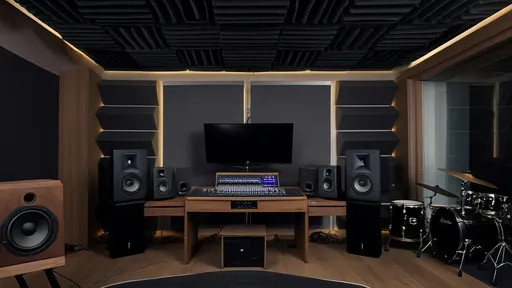
By /Jul 9, 2025